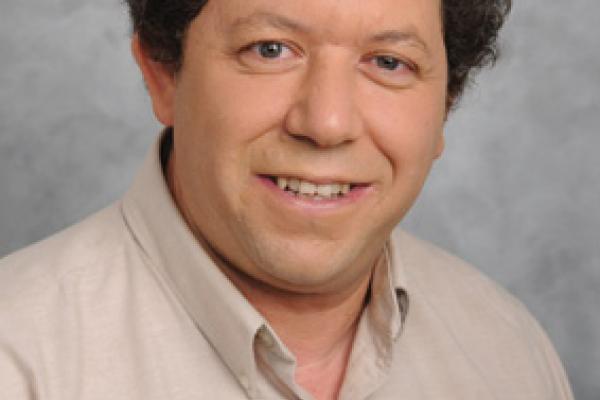
Mon, January 30, 2017
11:30 am - 12:30 pm
1080 Smith Seminar Room, Physics Research Building
Please join us for a special CM Seminar presented by Professor Aviad Frydman from Bar Ilan University (Israel) as he shares his research on Experimental probing of quantum criticality at the Superconductor-Insulator Quantum Phase Transition:
Abstract
The superconductor-insulator transition (SIT) is a prototype of a quantum phase transition which is very versatile experimentally: varying a non-thermal tuning parameter such as disorder, thickness, composition, magnetic field or gate-voltage causes the system to switch from a superconductor to an insulator at zero temperature.
Unlike their classic counterparts, quantum phase transitions are governed by quantum rather than thermal fluctuations at low temperatures. The direct experimental study of such fluctuations close to the SIT is rather challenging. So far research has mainly concentrated on dc resistivity based measurements such as transport and magnetoresistance and on global and local tunneling spectroscopy. These cannot provide explicit information on the critical behavior through the transition.
In my talk I will describe two experimental efforts designed to measure signatures of quantum fluctuations close to quantum criticality. The first experiment utilizes a unique, highly sensitive, setup to measure the specific heat of ultrathin Pb films through the SIT. The specific heat is found to increase considerably as the sample is pushed towards the SIT thus signaling quantum criticality. The second experiment is a scanning squid measurement able to probe local susceptibility in TiNbN films close to the quantum transition. These studies reveal electronic superconducting granularity which fluctuates in time and space at temperatures well below Tc. The temperature regime of these fluctuations grows as the SIT is approached indicating their quantum nature.
I will discuss the significance of these results and their contribution to understanding the electronic processes in the vicinity of the quantum phase transition.
